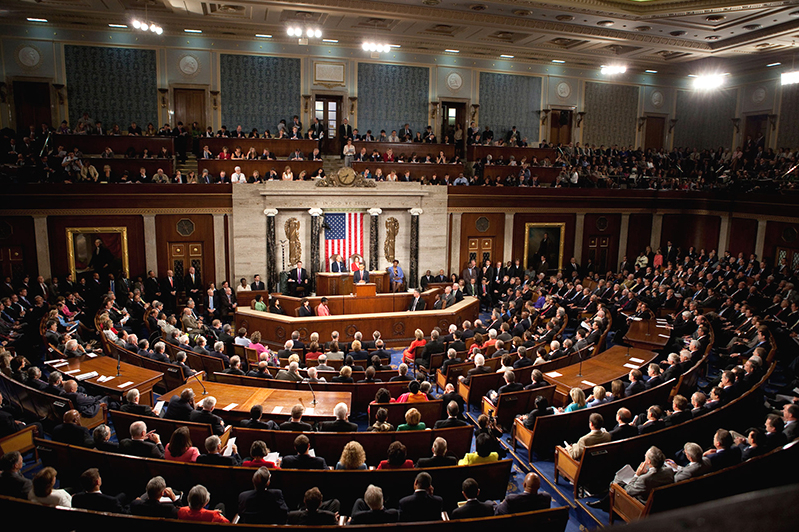
An important debate opens this Wednesday as both the House and Senate will hold hearings on the issue of net neutrality. The outcome of proposed legislation that will come from Congressional committees combined with a decision expected next month by the Federal Communications Commission (FCC) could have a major impact on both the price we pay for home Internet access and how we use it.
The issue of net neutrality has been simmering for at least a decade as usage of the Internet grew by leaps and bounds and four major broadband service providers (Comcast, AT&T, Time Warner and Verizon) seized most of the control over how access to the Internet is made available for consumers in the U.S. In basic form, net neutrality is the notion that the major carriers should not manage the Internet like a highway, with fast and slow lanes between customers and content based on price.
Until Congress enters the fray tomorrow, the FCC has been at the forefront of this debate. In an appearance at CES (The International Consumer Electronics Show) in Las Vegas earlier this month, the commission's chairman - Tom Wheeler - strongly hinted that the FCC will propose rules to treat Internet service providers as utilities and thus subject to more regulation.
Late last year, the FCC asked for comments from the public on net neutrality. The commission received over four million responses, second only in number to what they received when Janet Jackson experienced a wardrobe malfunction on national television during the Super Bowl in 2004. According to Wheeler, a decision from the FCC on net neutrality will be issued by February 26.
Meanwhile, House and Senate Republicans (who now control Congress) are preparing legislation that prohibits "fast lanes" for the Internet and bans any attempts by carriers to deliberately choke traffic for those who don't pay for better access. They also want to take away the power of the FCC to issue regulations on net neutrality, which puts them in direct opposition to President Obama who prefers to see the commission, and not Congress, regulate the carriers on this issue.
In the absence of any rules or regulations governing Internet access, the broadband carriers have quietly operated in ways that Congress hopes to prevent. It was revealed last February that when Netflix, which is the largest user of Internet traffic to stream its popular content, began to encounter problems delivering its shows through Comcast (the nation's largest broadband provider), Netflix paid the carrier a fee and the delivery problem went away.
Later in November, Cogent Communications disclosed in an Internet forum that several broadband providers deliberately degraded streaming performance (again for Netflix) after Cogent refused to pay interconnection fees due to traffic imbalance.
News reports like these have motivated Congress to hold hearings tomorrow and the four million comments received by the FCC show that the technology industry and consumers at large are starting to pay closer attention to net neutrality and what it means. Yet some tech industry executives remain skeptical about how the process will play out.
Chris Finan, the CEO and co-founder of Manifold Security and a former advisor to the White House on cybersecurity, wants to see a level playing field for small startup businesses like his that aren't willing to pay for a fast lane on the Internet. He's also doubtful that Congress will really take a firm stand on net neutrality.
"I'm not sure how much influence Congress will have," says Finan. "Congress runs on process, not ideas."
Draft legislation being circulated in Congress in advance of Wednesday's hearings would prohibit blocking content, throttling data, and any form of paid prioritization such as what Netflix experienced with Comcast last year. But it also includes wording that broadband carriers would be subject to "reasonable network management," a phrase that some believe will give Internet service providers a loophole to circumvent any new rules.
In the first month of 2015, it is clear that net neutrality now has the government's full attention. Whether that results in a meaningful solution which will satisfy small business and consumers alike depends on how the power struggle between the White House, Congress and the FCC plays out.







